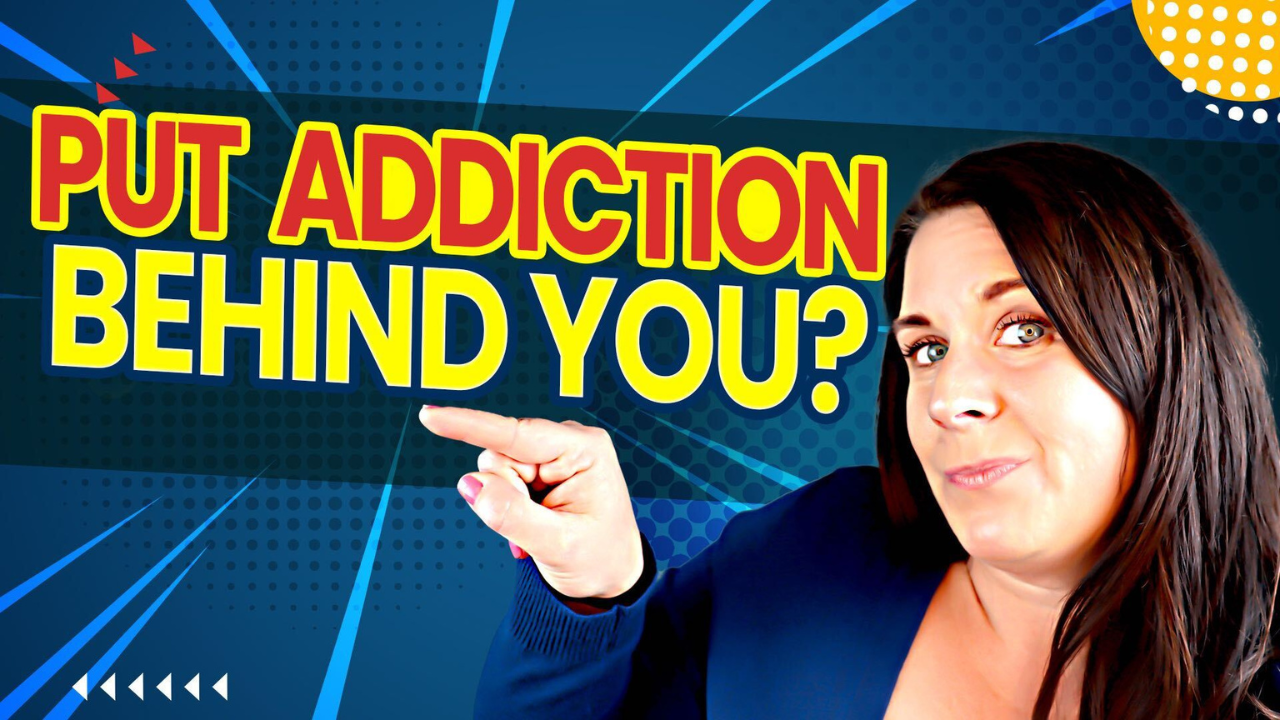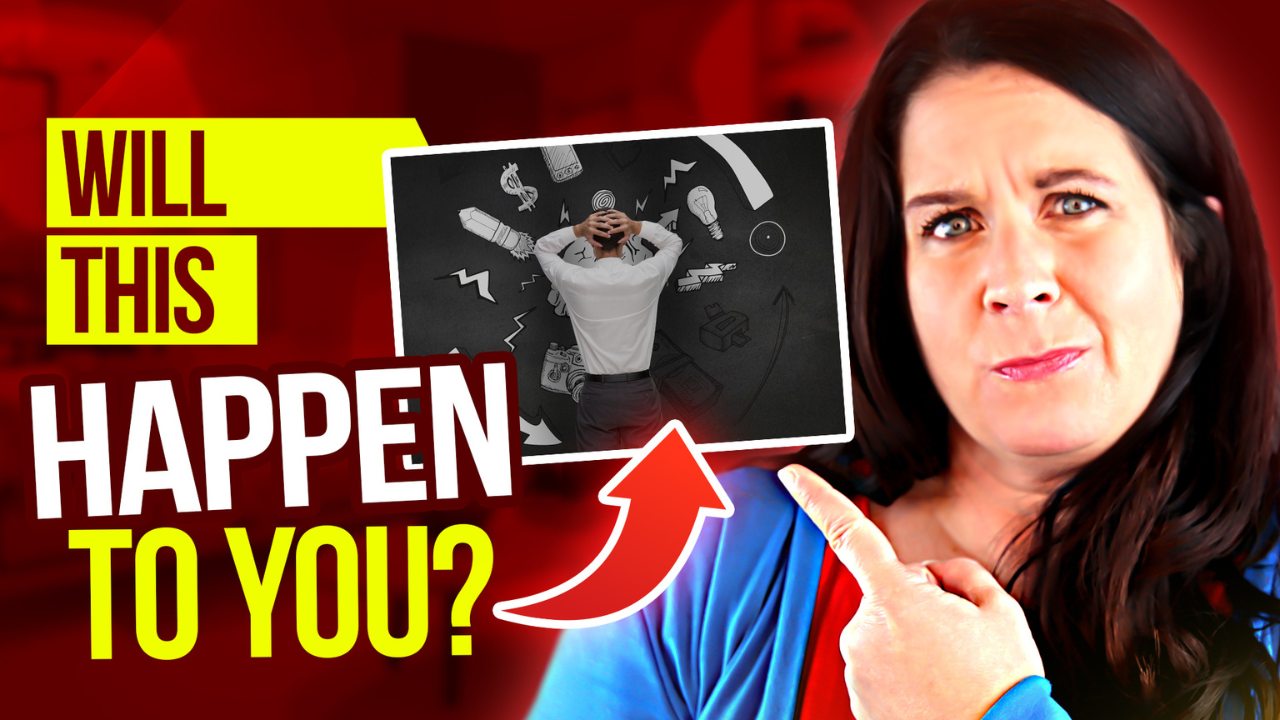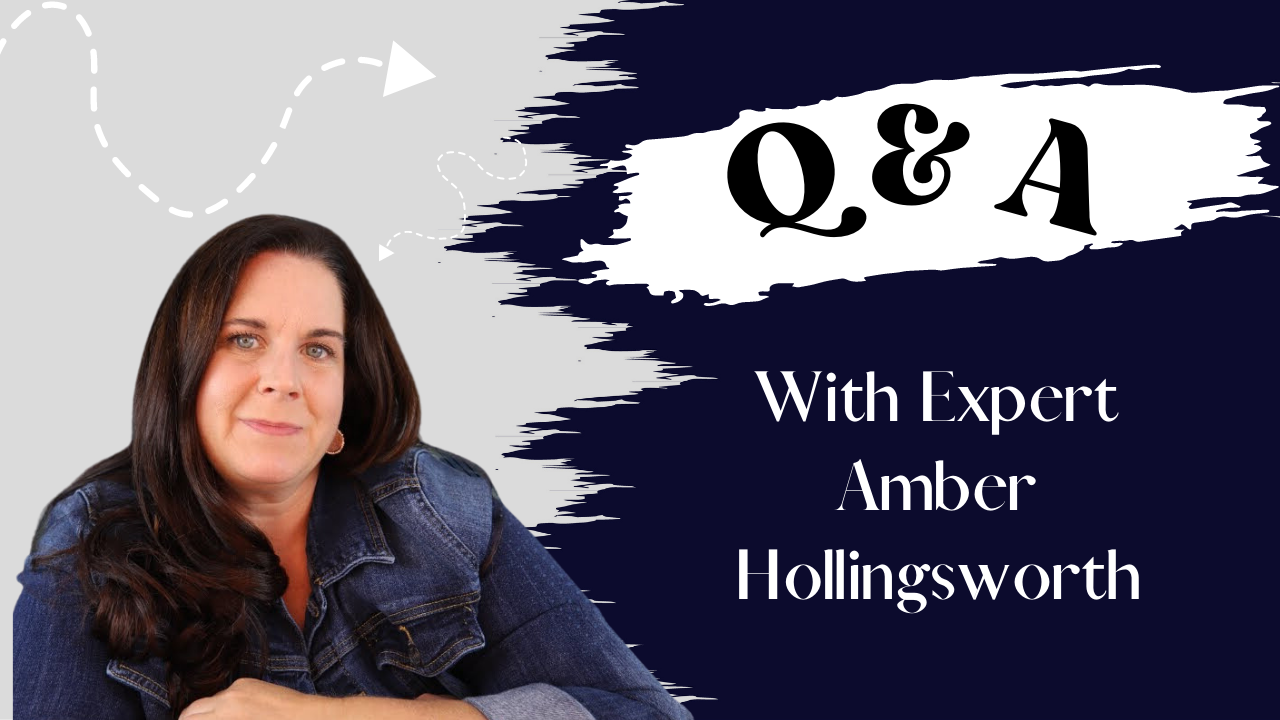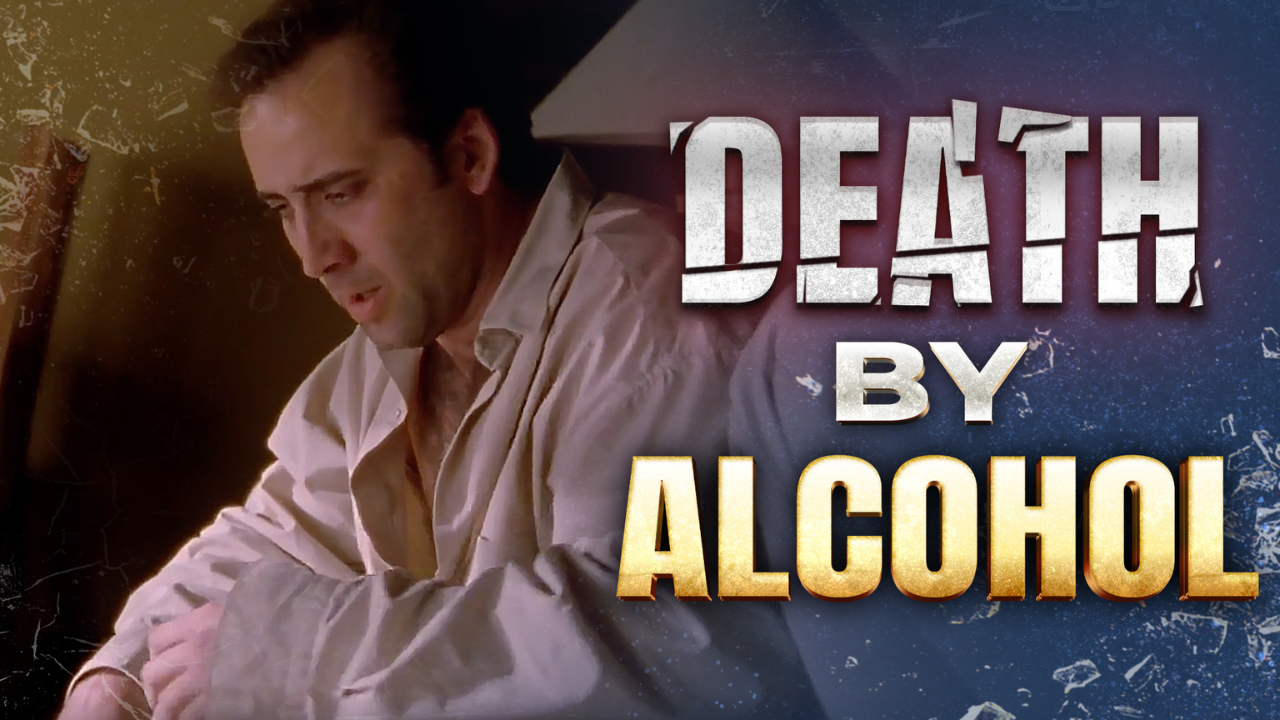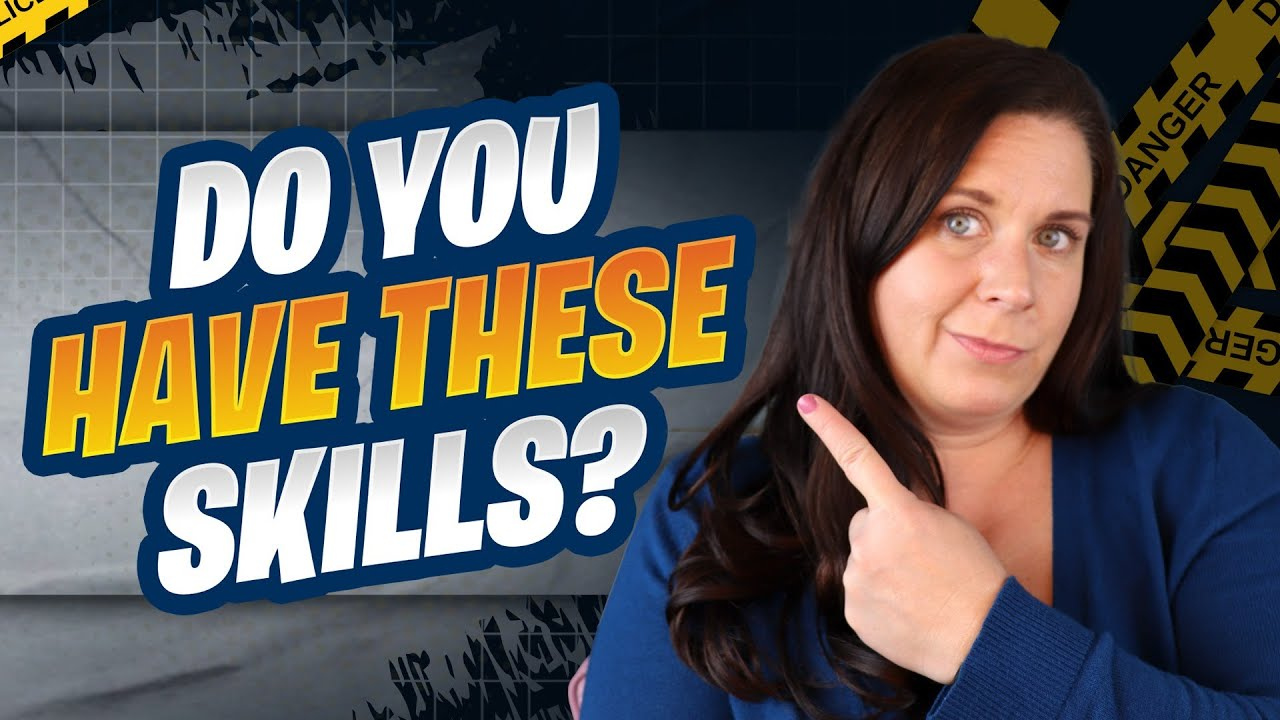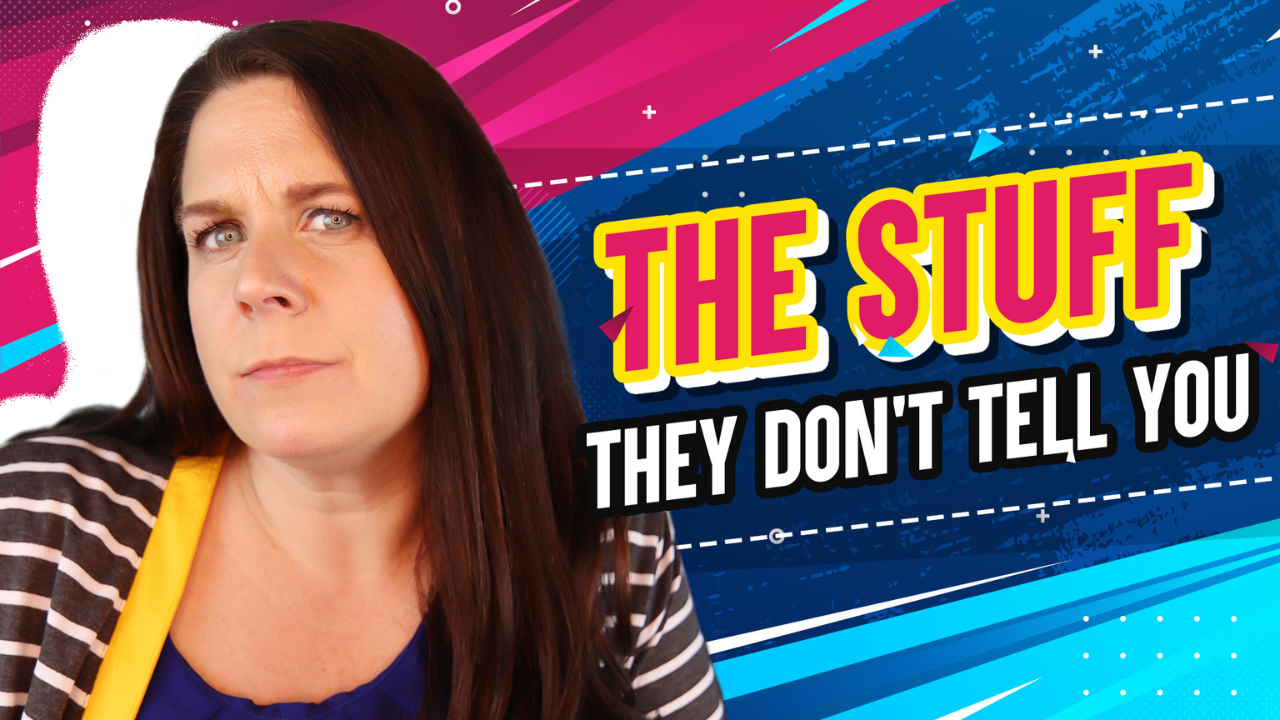How To Know If Someone Is Really In Recovery
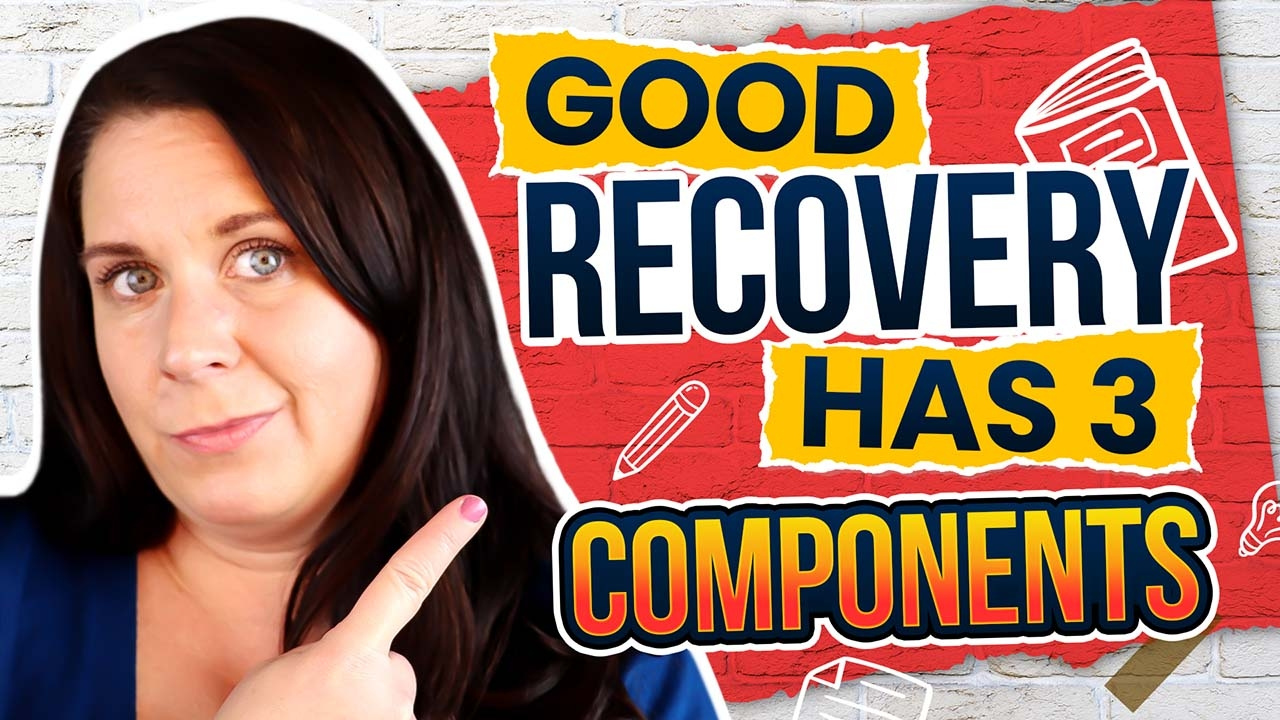
Three Clear Signs of True Recovery: Beyond Abstinence
Welcome to another insightful episode on our journey to understanding addiction and recovery. In this video transcript, we'll delve into the three solid signs that someone is truly on the path to recovery beyond mere abstinence from addictive behavior. Amber Hollingsworth, a seasoned master addiction counselor with over two decades of experience, shares her wisdom and knowledge to help individuals and families navigate the complex terrain of addiction recovery.
The Quest for True Recovery
By the end of this post, you'll know for sure if you or your loved one is solidly in recovery because I will show you the three surefire signs that someone's doing the work. I mean more than just abstaining from addictive behavior. I mean, a person is in recovery—they're healing, growing, and doing the work.
Defining Recovery: Beyond abstinence
The traditional understanding of recovery often centers around abstinence from substance use or ad...
Navigating the Path to Recovery: Do You Have to Keep Going Forever?
Navigating the Path to Recovery: Do You Have to Keep Going Forever?
Recovery is a journey that often raises questions about its duration. Many individuals overcoming addiction ponder how long they must continue attending meetings, therapy sessions, and coaching appointments. This blog post delves into this common concern, providing insights into the reality of the recovery process and offering a perspective that can help individuals embrace self-growth.
Seeking a Fresh Start:
"How long should I keep attending recovery meetings, therapy sessions, and coaching appointments? Do I ever get to just put this behind me?"*
These questions reflect the internal struggle that countless people facing addiction recovery grapple with. Constantly contemplating past mistakes and wanting to move forward can sometimes become overwhelming. If you've ever experienced such thoughts, know you're not alone. The desire for closure and a fresh start is common among those undergoing recovery.
The Reality of ...
Conquer Any Addiction: How To Stay Motivated and Break Free
Mastering Sobriety: The 3 Pillars to Sustain Your Recovery Journey
We're diving deep into something that many of us encounter on this journey – the moments when staying sober feels like an uphill battle. I'm here to shed light on three crucial factors that can make all the difference, inspiring you to stay strong in your commitment to recovery.
1. Cultivating the Right Mindset:
"Your thoughts have the power to shape your reality, even the ones you keep to yourself."
Let's start with mindset – an element that holds immense sway over our emotions and actions. It's crucial to remember that the stories we tell ourselves matter profoundly. Negative self-talk can unknowingly drag us down, keeping us trapped in the cycle of addiction. What's the antidote? It's all about challenging those automatic negative thought processes. When you catch yourself focusing solely on the struggles, try to see the full picture. Yes, there are challenges, but there's also progress – victories, both big and sm...
How Addiction Makes Good People Do Bad Things
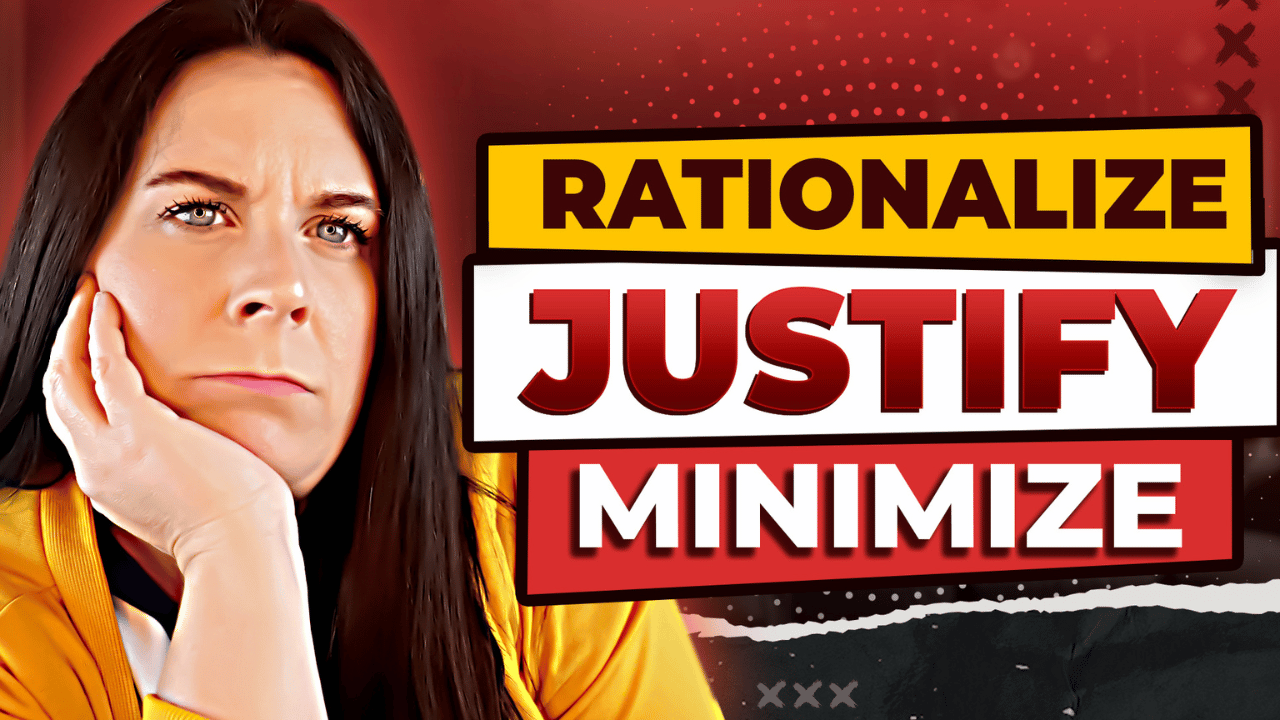
Addiction cunningly entices even the best individuals, leading them astray with false promises, trickery, and delusion. However, addiction will lose control over you once you comprehend these deceitful tactics and see through the smoke and mirrors. You will regain the driver's seat in your own life.
For those new to this channel, I'm Amber Hollingsworth, and I'm dedicated to helping you understand the science and psychology of addiction so that you can stay ahead of it. Today, we will uncover some sneaky and tricky thoughts you must know.
Addiction will deceive you into believing that engaging in addictive behaviors will improve your life. For instance, if it's alcohol, you might convince yourself that it makes you more relaxed, friendly, and pleasant. If it's marijuana, you might believe it enhances your creativity and intrigues you. Or if it's gambling, you may think it will help you provide more for your family by winning a significant sum. Can you see how deceptive this is?
It...
Q&A with Addiction Expert Amber Hollingsworth: Insights and Answers
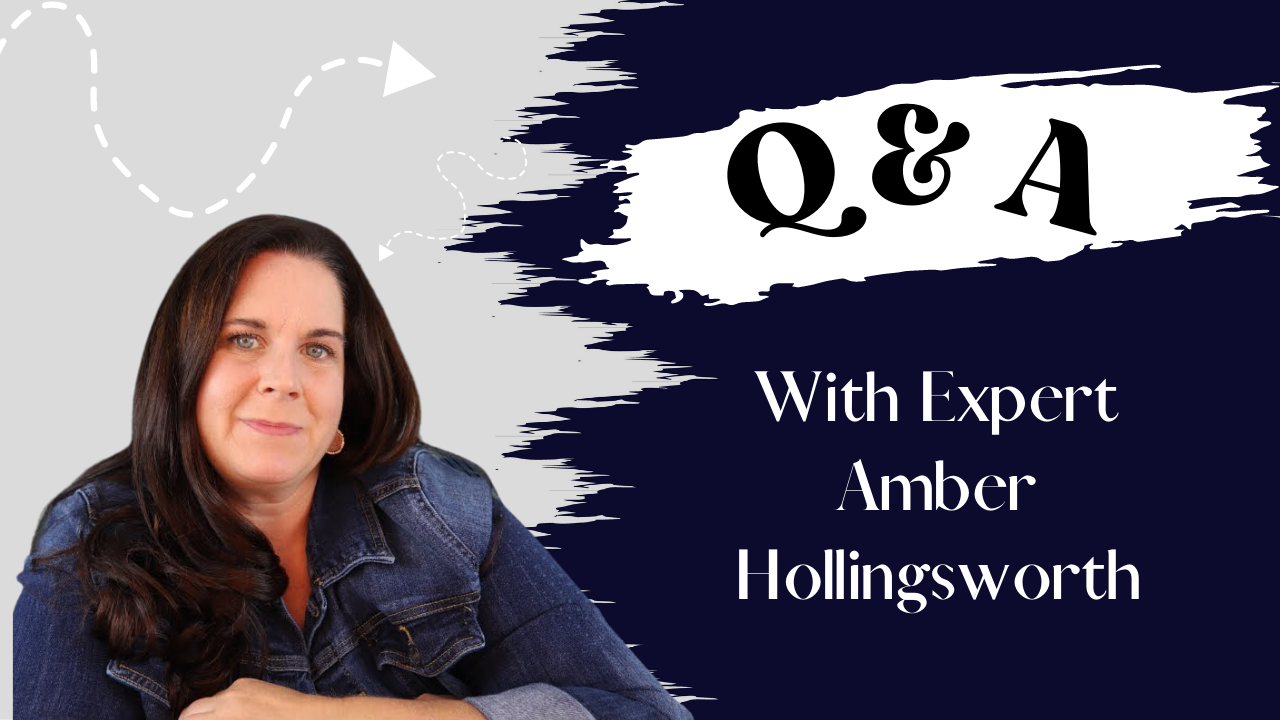
Navigating Relationships with Loved Ones Struggling with Addiction: Expert Advice
Question 1: How do I kindly tell my 31-year-old son in Tennessee that he is not welcome to visit until he can demonstrate that he's not just looking for a new place to live?
Answer: When faced with a situation like this, it's essential to approach the conversation with kindness and understanding. Consider the reasons behind your hesitation to have your son visit – whether it's concerned about him moving back in, causing conflicts, or substance abuse issues. If he asks to visit, you can suggest meeting somewhere neutral, like dinner, to avoid potential complications. If he directly asks to come and stay with you, express your love and support but kindly explain that living together might not be the best option for your relationship. Encourage him to come up with an alternative plan.
Question 2: Recently, my son said adamantly that he would rather commit suicide than go through detox; he uses fentanyl ...
What Addictive Thinking Looks Like (Beyond Physical Addiction)

Breaking Free from Addiction: Unveiling the Psychological Journey
Addiction is a complex battle that extends beyond chemical dependence on a substance. While detoxification can address the physical aspect of addiction, the psychological and emotional aspects often keep individuals trapped in the cycle. In this blog post, we will explore the emotional and thought processes individuals must confront once they overcome chemical addiction. By understanding these factors and working towards aligning behaviors with personal values, one can pave the way toward lasting recovery.
- Identity and Lifestyle:
For many individuals struggling with addiction, substances like alcohol or marijuana have become intertwined with their identity. Giving up the substance means giving up a part of who they believe themselves to be. Over time, they may have developed a social image around substance use, making it even more challenging to let go. The fear of losing their identity as a dr...
What Happens In Late Stage Alcoholism? (*hint, it ain't pretty 😢)
Now, when you saw the title, you were probably thinking about all the medical or physical aspects of alcoholism, like cirrhosis of the liver. But, still, there are many ways that alcoholism destroys our bodies. Yes, it attacks our liver, but it also attacks our heart, mind, pancreas, immune system, and brain, dramatically increasing your chances of having numerous types of cancer.
Now, I often hear people say things like yeah, this partying and this drinking and all this stuff; it will probably make my life shorter, but I will have a lot of fun in the meantime. And if that were true, I'd be OK with it. But in reality, nothing could be further from the truth.
When people say that, it's almost like you're imagining one big giant party and significant time and excitement, and then one day, you drop dead of alcoholism. But, unfortunately, it just doesn't work that way most of the time. It's a much more drawn-out, slow, and painful death than you imagine.
And while all those physical ...
5 Life-Changing Skills NEVER Taught at 12 Step Meetings!
The problem with 12 steps is that, even though they do teach a lot of things well, they do it in a real indirect way, and they're hoping you pick up on the vibe and you learn the lesson, but sometimes if you're like me, you can be a little dense, and miss it. So they're having you practice the 12 steps and call your sponsor, but they could better connect the dots.
If you follow the plan, you will likely figure out most of the steps. Still, I want to make sure and call your attention to these five skills because not only are they not talked about directly, they're just not talked about, and you need them if you want to stay sober and get past the first month or so of recovery.
The rest is mostly about sanity management. How do you stay sober? You keep your sanity intact. So, many recovery skills have nothing to do with the substances. How do I keep myself in a place to not need those? You have to keep yourself in a healthy place, which means you need to keep your life somewhat order...
How to Address The Root Cause Of Any Addiction
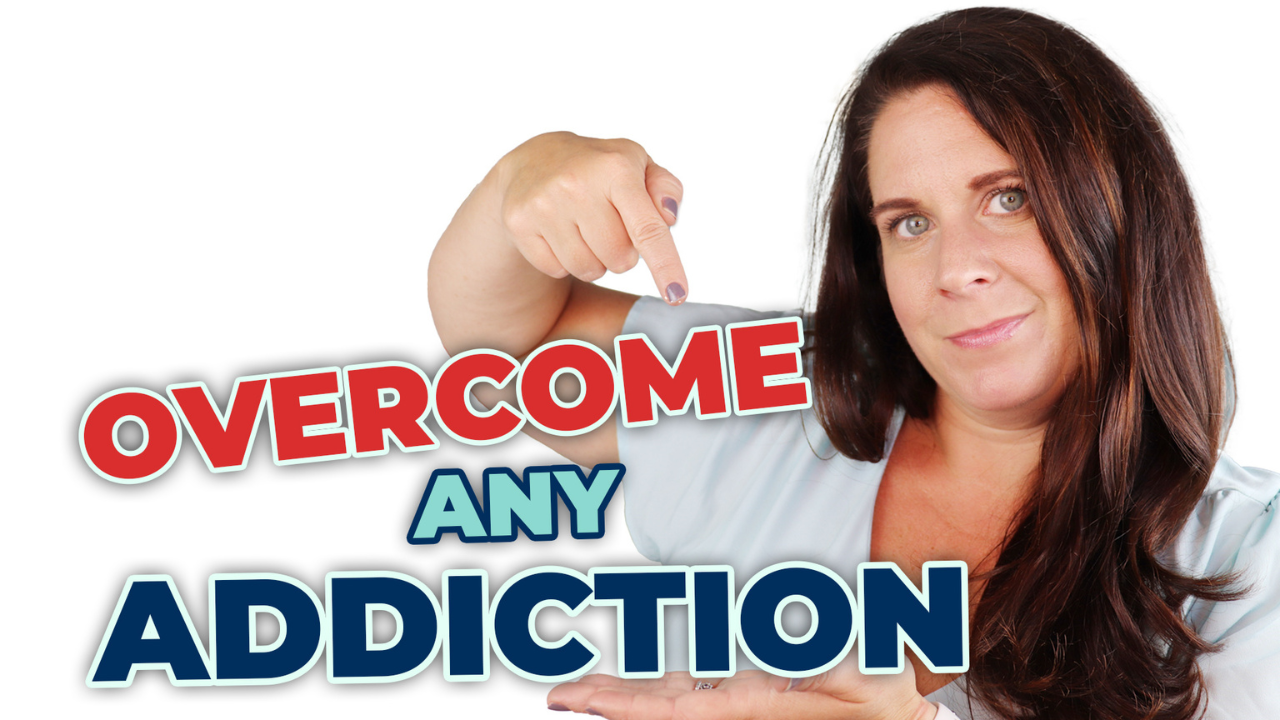
Most of us could agree that people are more prone to developing an addiction of any kind when they're down, isolated, alone, or when things are not going great.
So these situations can look like this:
- experiencing a significant loss in life
- being a new or overwhelmed mom
- being stuck in a bad relationship or job
What do we often do when we don't feel great about our situation?
We look for something to make us feel better. When you're in those situations, like I just described, feeling better isn't easy, and the usual stuff often doesn't work. But there is one quick, reliable, easy way to feel better fast: to drink, use drugs or engage in other addictive behavior.
Why is that? It's because those addictive things, whether they're substances or behaviors, typically trigger—the neurochemical dopamine. Most of us have heard about dopamine before; we all know it is a reward chemical. The problem with dopamine is that it makes us go after something that our brain thinks is rewarding,...
The Ugly Truth Behind The Addiction Treatment Industry
After working in addiction and recovery treatment for almost 20 years, there are some not-so-pretty truths about the behind-the-scenes of the addiction treatment industry.
I want to help you understand this to be better equipped to pick the right help for you or a loved one.
The Diverse Treatment Options
One of the first things I want you to know is that there are different types of addiction treatment, from counseling to psychiatry, intensive outpatient programs, partial hospitalization programs, sober living, detox, recovery communities, and not-for-profit programs.
The first thing you need to do is educate yourself about what kind of options are out there.
When someone is ready to get help, they jump at whatever option is right in front of them.
I see this scenario play out often, and they usually don't make strategic decisions, which can waste a lot of time and money.
You only get so many shots at this and there are pros and cons to every single option.
I wrote an insider's guide on ...
